Ira Sullivan
(May 1, 1931 – September 21, 2020)

Howard Mandel ©2020

Ira Sullivan was a Chicago jazz original and devout near-native son. Born May 1, 1931 in Washington D.C., he resettled with his parents in the Midwest before he was four, about the same time he found his father’s trumpet behind as sofa and began blowing on it — maybe to fit in with his mother, an alto saxophonist, and the dozen aunts and uncles making music at their house parties.
Ira reportedly played at his grandmother’s church when he was five, first gigged at seven, got paid at 12, was jamming with professionals at 16, and by 1949 had established himself on Chicago’s flourishing local jazz scene. Though he later he lived elsewhere, Ira always maintained his connection and returned often to the city where he grew up and got started, as documented on a half-dozen Delmark Records titles ranging over more than 50 years of his brilliant career.

Sullivan was a man of deep roots and expansive reach. He was uniquely gifted as a multi-instrumentalist, virtuosic on brass (besides trumpet, flugelhorn and the small tuba-like peckhorn) and reeds (soprano, alto, tenor and baritone saxophones, flute and alto flute), plus he could play drums. He was the odd bandleader who truly enjoyed being a co-leader; an avid jam session organizer and anchor, typically the last cat standing (“He couldn’t go to sleep until the sun came up,” one colleague said); an improviser who composed; a self-taught teacher offering lessons from life. He was an all-around beloved jazzman when he died on September 21, 2020 at age 89, in Florida, where he’d move 1963 to get straight and stay that way. But as his widow Charlene told the Chicago Tribune, in terms of music, “He took Chicago with him when he came down here.”
Hear Ira’s go-for-it spontaneity, gritty yet mellow lyricism, his masterful practicality, eager risk-taking, grasp of hard blues and tender balladry? That’s his Chicago-steeped sound, as he’d absorbed it since childhood, studied it in high school, dug it from the bands appearing at dances and theaters during his teens and honed into his own as the kid in the house band at the South Side’s Bee Hive club, backing star soloists including Lester Young, Wardell Gray, Roy Eldridge and Howard McGhee from 1952-’55.

Towards the end of that stint Ira played for a week with the great bebop pioneer and alto saxophonist Charlie “Yardbird” Parker, who urged him to move to New York City. Although Bird died before Ira could get there, in 1956 he made the trip to join Art Blakey’s Jazz Messengers. That job lasted only seven months, as Ira quickly tired of road life. Ever after, he denied a musician had to make their mark in the Apple. “We lay in wait for cats from New York here,” Sullivan maintained when back at home. “I had everything I needed in Chicago.”

And he proved that in his breakout year, 1957, during which Sullivan recorded with Parker’s ex-trumpeter Red Rodney (with whom he’d partner again in the 1980s) on Fiery, and then was promoted by a headlining pianist on The Billy Taylor Trio Introduces Ira Sullivan. These spots led to his debut under his own name. On Blue Stroll (Delmark), cut in July 1959, Ira Sullivan shared the front line with Chicago’s own Little Giant tenor saxophonist Johnny Griffin and was supported by the world-class, locally-based team of pianist Jodie Christian, bassist Victor Sproles and drummer Wilbur Campbell.
Blue Stroll actually came from Ira’s second date for Delmark, following the December ’58 Delmark studio session that resulted in Nicky’s Tune, featuring that same rhythm trio with Ira (on trumpet only) and tenor saxophonist Nicky Hill. Hill and Sullivan were very close, as is evident on the Sullivan quintet’s album Bird Lives!, from a 1962 Charlie Parker tribute concert. Unfortunately, Hill died soon after that date. Nicky’s Tune was first issued in 1970.

Bird Lives!, as it happens, was produced by Joe Segal, who since 1949 had put on Jazz Showcase concerts in various Chicago venues. Bird’s bebop was the Jazz Showcase Bible, and Ira among its most popular prophets. In 2020, Segal pre-deceased Sullivan by six weeks, at age 94. But for decades before that, Ira ran the Showcase’s celebrity-drop-in jam sessions held every August in celebration of “Charlie Parker Month,” unofficially extending the Chicago Jazz Festival. One of those nights from 2010 is captured on Ira’s album A Family Affair, highlighting his longtime friend keyboardist and vibist Stu Katz. They’d first met in 1954.
Ira presided over such impromptu parties embodying his later-life role: Mentor. In 1971 jazz educator Jerry Coker had persuaded Sullivan to bring his real-world experiences to the Frost School of Music of the University of Miami. Although doubtful at first that he had anything to offer, Ira excelled as a teacher, engaging with students eventually including guitarist Pat Metheny and bassist Jaco Pastorius. Ira found the interactions stimulated his own creativity.

“Are you an inspiration?” an interviewer once asked him. “More of a nudge,” Ira answered, suggesting that young players mostly just need encouragement to find their voices, and should rely on their feelings and perceptions after they’ve acquired technical skills.
A glance at Sullivan’s discography shows that many distinguished jazz makers sought him out to do just that. Ira recorded one-off albums with fellow iconoclast Roland Kirk (in 1960, before he became Rahsaan), with soulful pianist Red Garland (Red Alert), with sax innovator Eddie Harris (Come On Down), guitarist Joe Dorio (The Breeze and I), with trumpeter Brad Goode (Toy Trumpet), and pianist Robert Magris (Sun Stone, in 2019), among many others on diverse labels.
Delmark was the most frequent producer of his mature collaborations with younger generation talents. Ira took pride in the music he made with saxophonist Lin Halliday on East of the Sun (Delmark, 1992); with vibist Jim Cooper on Nutville (Delmark, 1993); with saxophonist Frank Catalano on Cut It Out!?! (Delmark, 1998), and with pianist Jim Holman’s trio on Blue Skies (Delmark, 2013). He was pleased to be with emerging musicians, trying fresh ideas and bright energies. Such give-and-take also sustained the teaching he continued for the rest of his life, as he related on video in November 2019, speaking at a National Association of Music Manufacturer’s convention.

Devoted as he was to jazz, Ira Sullivan also identified himself as a Christian, and often ended secular performances with a heartfelt rendition of “Amazing Grace.” Of course, he played it his way, as a theme open to interpretation, a vehicle personal expression. You could take Ira Sullivan out of Chicago, but not take Chicago out of Ira Sullivan. Nor would anyone want to.


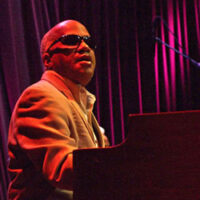


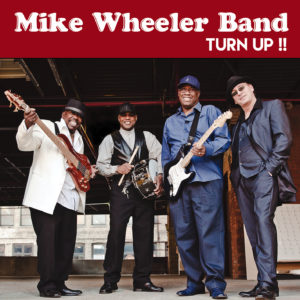
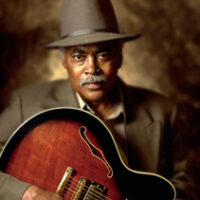
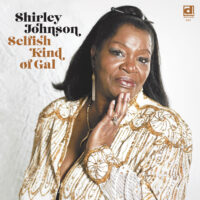








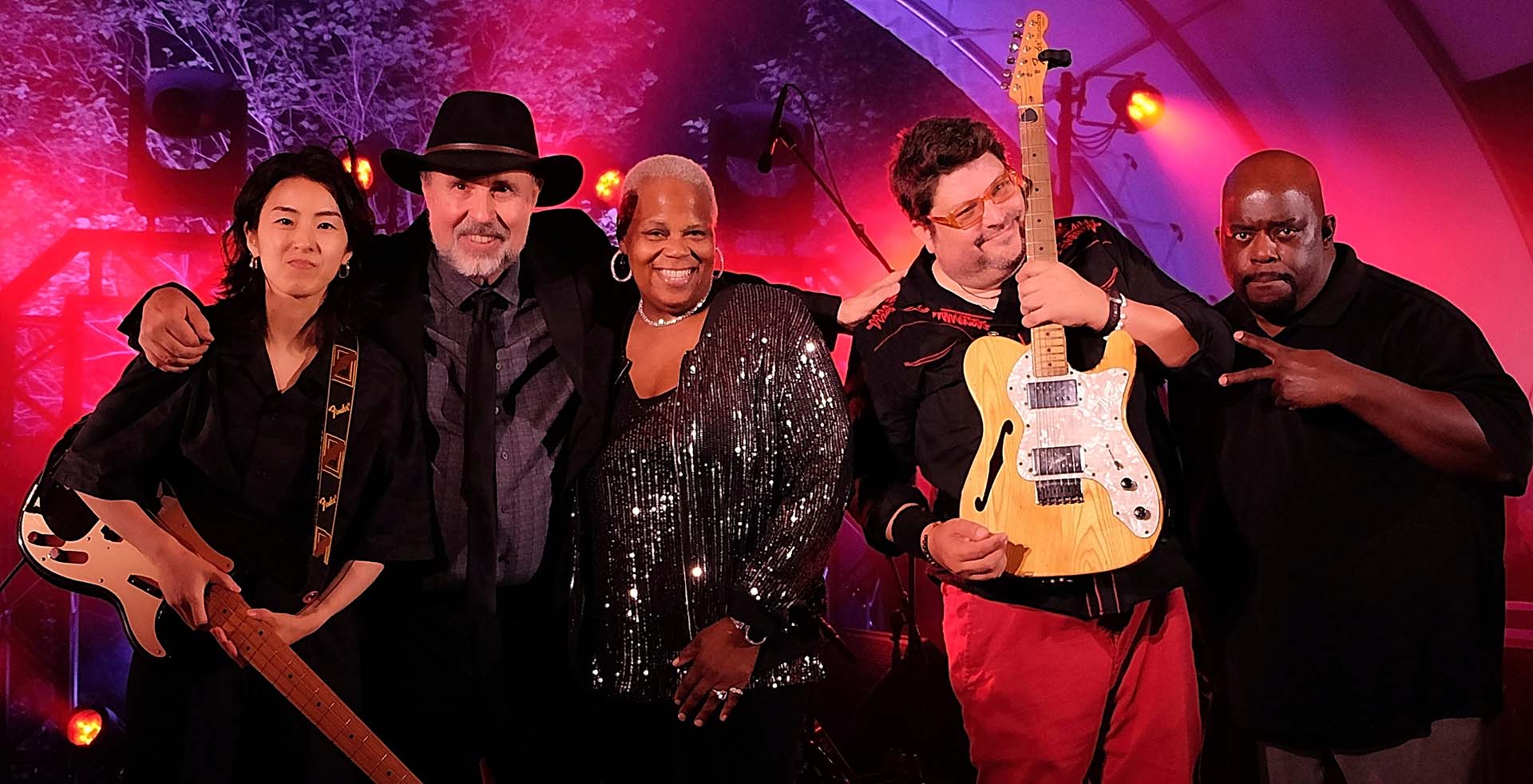

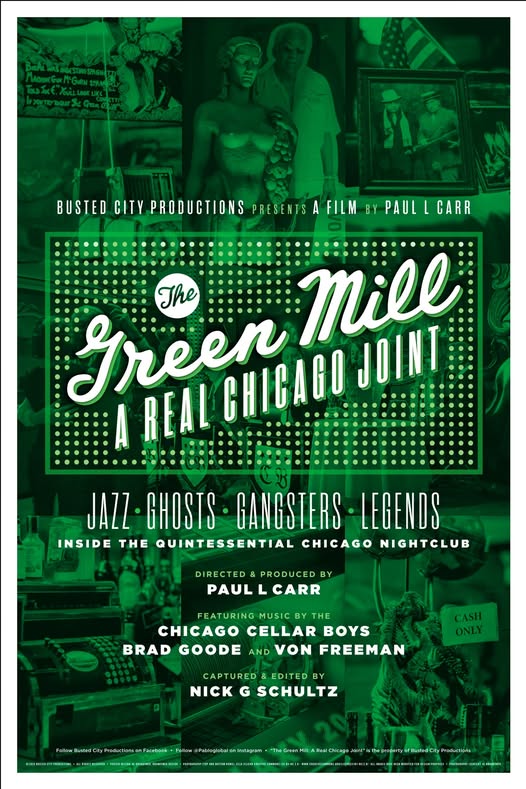
Thank you for your piece, Howard.
I hope this finds you and yours safe and well
Warmly,
Marc
P.S. Ira said he got to call the tunes when he was 5 at his grandmother’s church (near the old Argo starch factory outside Chicago) and that he still got to call the tunes! He said that was God’s continuity.
Trolling the web for more info I came across this lovely tribute. Thank you Howard Mendel for you thoughts, views and sharing of some of Ira’s recordings. I know he (Ira) was alwasy excited when he got another box from Delmark..”It’s the CDs..” he would exclaim. “Great, just before my next gig.” He loved selling the CD’s at his gigs..(more often than not Marc would be selling them) Ira loved the autograph requests and in MANY instances …those autographs were uniquely personalized with Iras’ intimate knowledge of who YOU were …to him. Everyone was somebody to Ira. He held in his brain a Wikipedia as it were of all his fans, friends and fellow musicians (possibly their relatives and offspring) ~ there was no one like him ..he missed and loved
Ira was a great man ,great friend of Al Siedlecki Green Mill Jazz Showcase (Joe Siegel ). Ira came and played for Al at his hospital bed for the final hours of his life ! Ira was a class act .great musician and a wonderful friend ! Ira created one of the best memories of my Life !